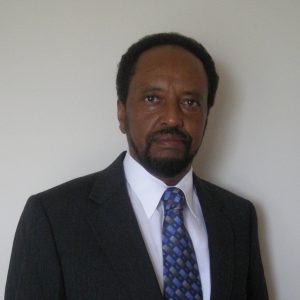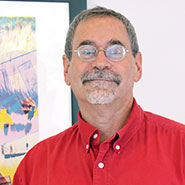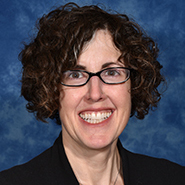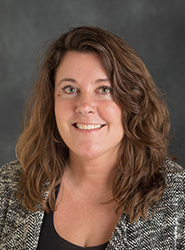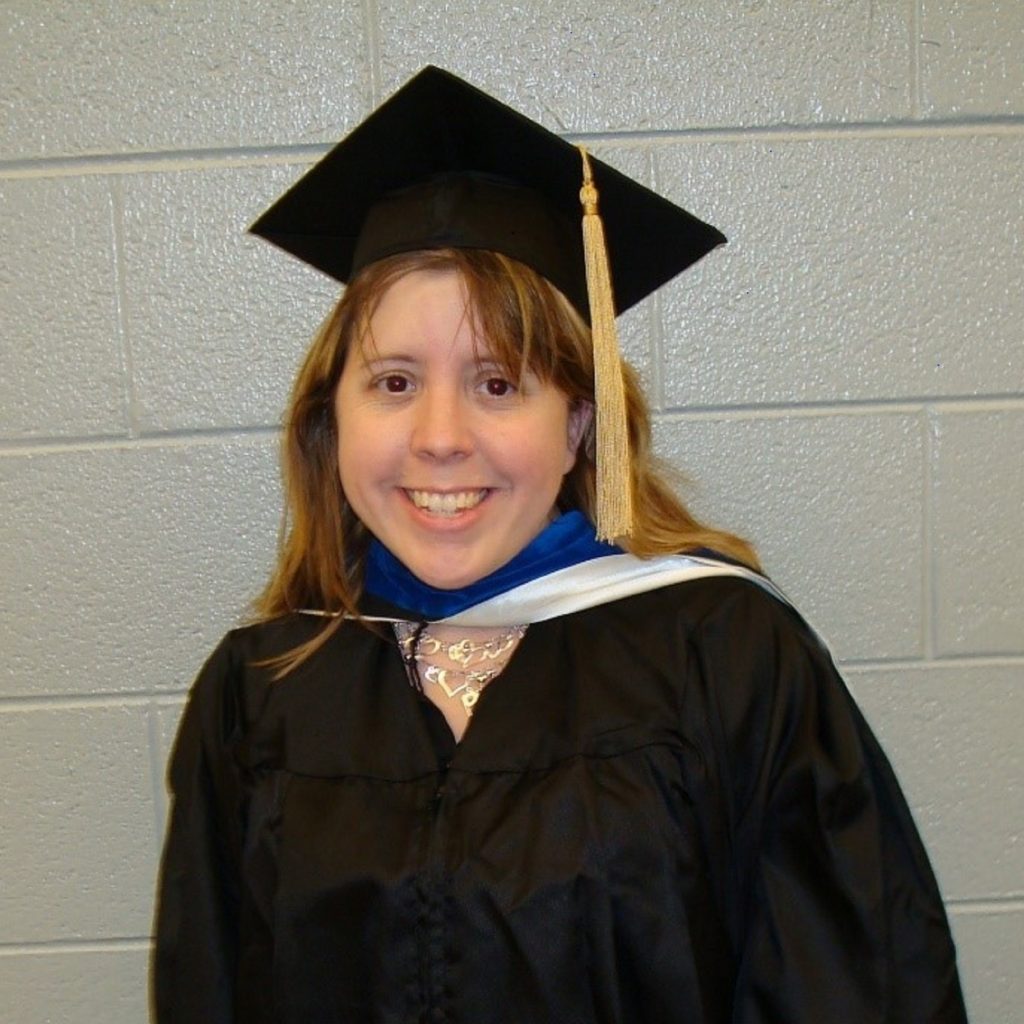UT Establishes Appalachian Justice Research Center
by Michelle Brown
UT established the Appalachian Justice Research Center (AJRC) in July 2023, co-directed by sociology Professor Michelle Brown and Professor Wendy A. Bach, College of Law. The AJRC is a trans-disciplinary research and training collaborative dedicated to advancing just and equitable community visions in Appalachia and the Mountain South.
Modeled after clinical legal education, the AJRC leverages university resources to address urgent, protracted, and historically under-addressed issues in the region. The center does this through a community-driven non-extractive research model. Projects begin and end, and begin again, around community priorities and legacies of resilience—specifically those communities most impacted by histories of poverty and violence.
The first wave of the center’s projects will focus on such topics as coal mining reclamation and regulatory law, housing precarity, community safety and participatory defense, as well as just economic transitions in place of prison siting in Appalachia. The center will offer innovative pedagogy, including a core community justice lab, where students work in small teams with multidisciplinary faculty on specific aspects of these problems. The AJRC will bring advanced undergraduates as well as law and graduate students from across campus into the same classroom space around community projects for the first time at UT via this new interdisciplinary program in justice studies, developed collaboratively between the College of Law and the College of Arts and Sciences.
The AJRC is already planning a number of related events in collaboration with departments and colleges across UT. Sociology has long been a campus leader in community engagement initiatives, and the department is excited to be working closely with the College of Law, where the AJRC is housed, to extend that work across the region. Keep your eye on the AJRC!
